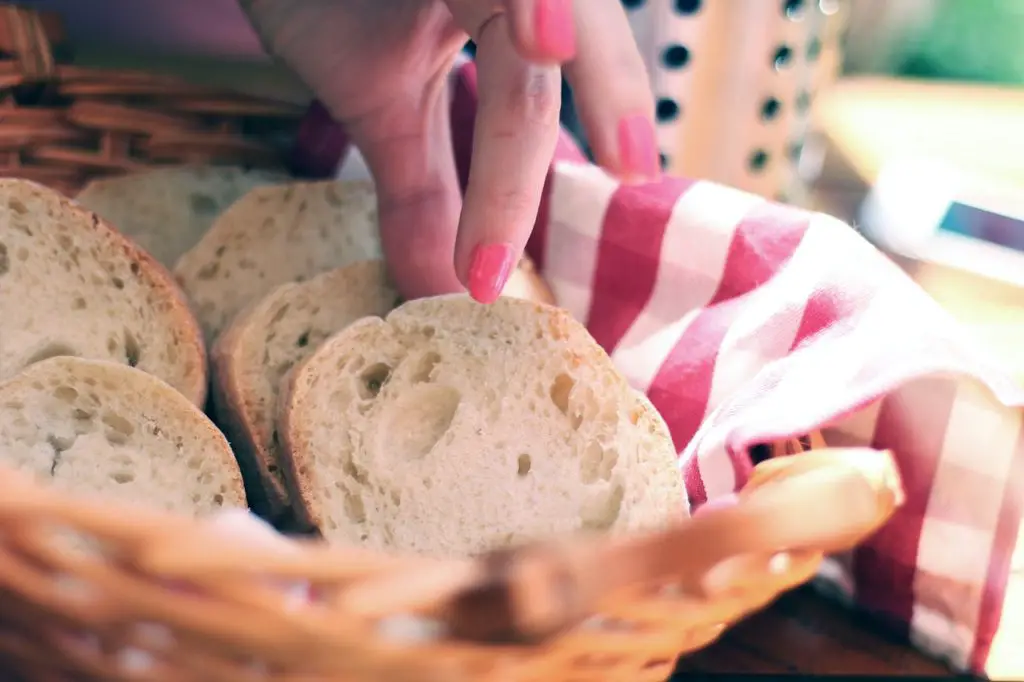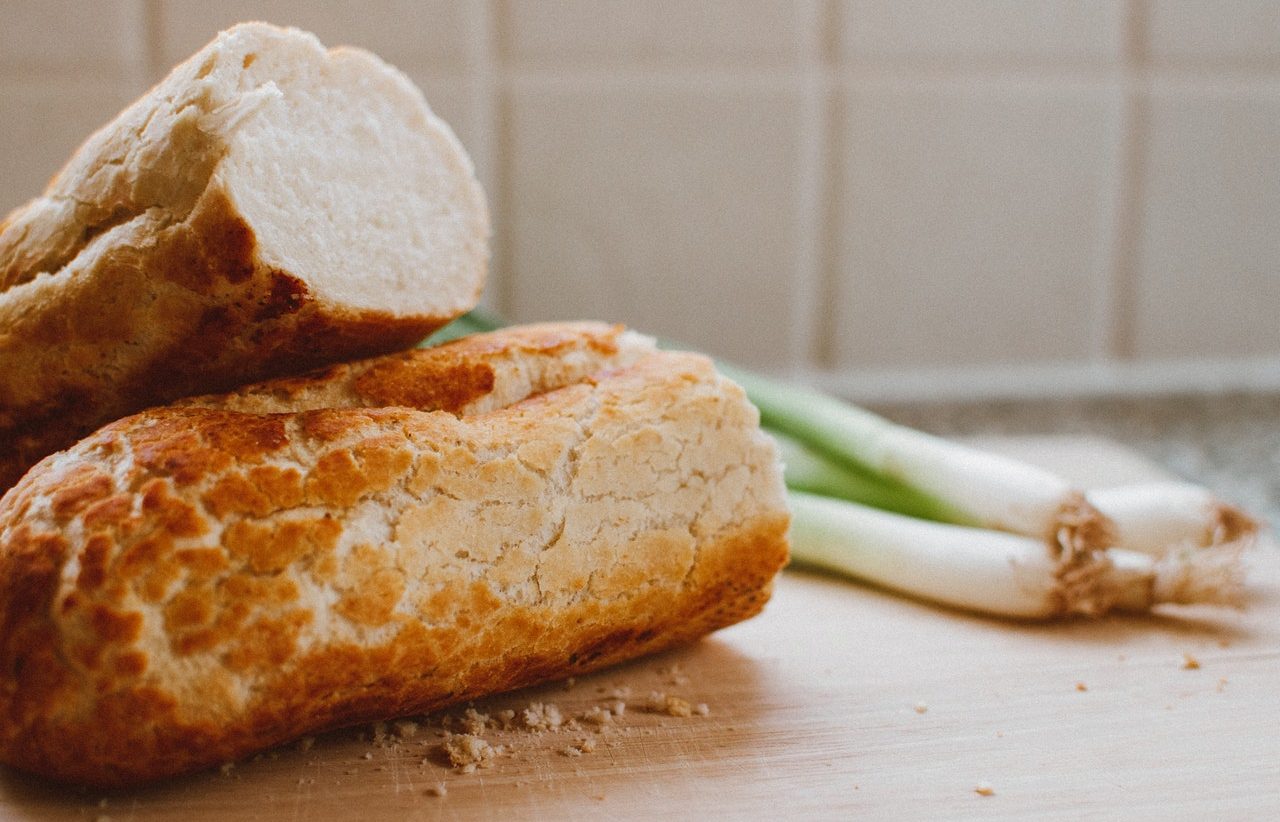Have you ever wanted to reach for a baguette that you bought a few days ago and found it to be rock hard? How frustrating is it when you spend roughly five to ten dollars on a soft artisan baguette for it to turn stale in a matter of two days? Baguettes always seem to harden at the most inconvenient times too. Luckily, there are a few methods to soften a hard baguette! It’ll save baguettes from going to waste. Even if your baguette is hard as a brick, you can soften it back to its oven-fresh state.
Follow us as we show you a few different methods to soften a hard baguette, with techniques ranging from using a stove to a microwave. If you don’t want to go through the effort to soften a stale baguette, we’ll also show you a few delicious ideas with a hard baguette. These techniques can save you from throwing it away.
How Can You Soften Hard Baguette?
Following one of these two methods to soften hard baguettes, you will no longer need to rush to the store if you find your baguette has gone stale.
1) Soften a Hard Baguette by Baking it in the oven
Softening a Hard Baguette in the oven usually takes about 20 minutes. The great thing about this method is that it will give you bakery-like freshness in your baguette. Using an oven you can still achieve a crispy crust with a tender soft bread filling. You’ll amaze yourself and your guests.
How to soften a hard baguette by using an oven
- First, you need to soak the hard baguette in cold water for a few seconds. The goal is to evenly coat the crust of your baguette with water. You can also run your baguette under tap water for a few seconds instead of soaking it. Try only to get the crust soaked and avoid the center of the bread if possible.
- Once coated evenly with water, wrap your baguette with some aluminum foil and put your baguette into the oven. You don’t need to pre-heat it. Turn temperate to 300F, and let the baguette heat for roughly 10 to 15 minutes.
Be careful not to overdo it. Otherwise, you can accidentally toast your baguette instead of softening it. If you have already cut your baguette, try and avoid getting water in the center of the bread, and rinse only the bread crust under the streaming faucet instead of soaking it in a bowl.
2) Soften a Baguette in the Microwave
When it comes to quick solutions around food, the microwave often comes to mind. Softening a baguette is no exception, and the microwave is a quick solution to the problem. This is the quickest method to soften a hard baguette and only takes 1 minute. The downside of using the microwave is that it is hard to get the bakery fresh softness compared to the oven softening method.
How to Soften a Baguette using a Microwave
- Wrap the baguette in a damp paper towel, but make sure the towel is not soaking wet.
- Place the bread and towel in the microwave on high for about 10 seconds.
- Check the baguette after 10 seconds. Microwave it for another 10 seconds if it’s not softened to your liking.
Keep a close eye to make sure the bread doesn’t overcook. Microwaving a baguette works better when you cut the baguette into smaller pieces.
Uses for Hard and Stale Baguette
If you don’t want to go through the effort of softening up your baguette, there are ways to re-purpose your stale and hard baguettes. You can consider the following:
- Homemade breadcrumbs and croutons
- Use the stale baguette as a soup thickener or French onion soup
- Meatballs or bread pudding
- Homemade baguette cracker
Softening Baguette FAQ’s:
Why does A Baguette Get Hard So Fast?
Why does a baguette seemingly get hard within hours? The answer has to do with the dough-making process. A baguette is typically made with four simple ingredients of flour, salt, yeast, and water. Unlike other doughs, the recipe for a baguette does not require any oil. Without oil, this mixture tends to dry out since the only binding ingredient used is water.
How do you prevent the bread from becoming hard?
If you don’t plan to use your baguette the same day, place it in the freezer. Now that we know evaporating water is the reason why baguettes harden so quickly, freezing the baguette will save it from drying out. Freezing will lock in the moisture and make it last a lot longer without drying out.

Additionally, freezing a baguette will also stop bacteria from growing. While frozen, your baguette should last up to 6 months. You can store your baguette in the freezer whole or sliced, but the one recommendation is to use a freezer bag. When you want to use the bread, either thaw it out in the sink, put it in the microwave for 15 to 25 seconds, or bake it in the oven at 160 degrees for roughly 5 minutes.
How long does it take a baguette to get stale?
The best way to avoid the bread from going stale is to make sure to use it before it starts getting tough. It is best to use the baguette within one to two days as you’ll notice the baguette will being to become stale in two to three days.
With these techniques to soften a hard baguette, you can save perfectly good food from going to waste. I’ve served guests revived baguettes with the oven technique, and they would wonder how I found time to go to the bakery?! Our little secret, I didn’t.

